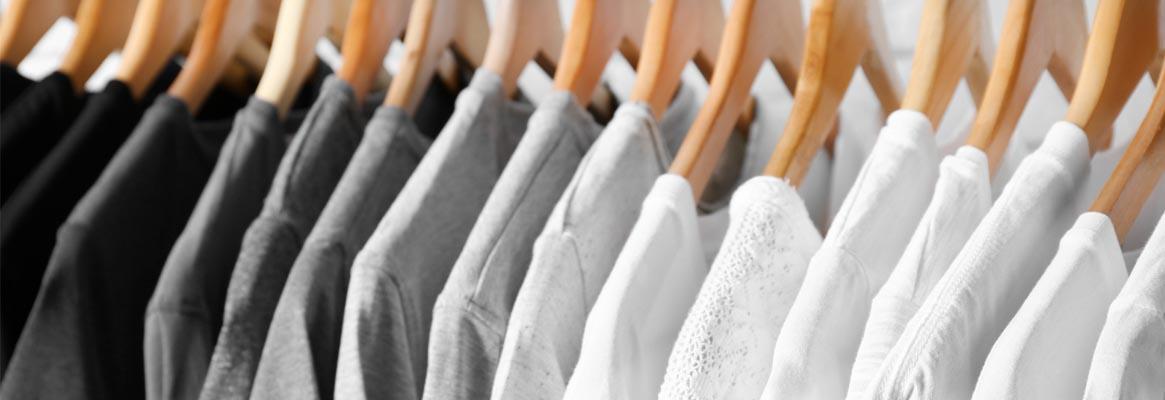After spending over a year at home due to the COVID-19 pandemic, consumers have changed their spending habits in order to put the planet first. Half of brands and retailers expect to see an increase in customer spending on sustainable apparel over the next 12 months as a recent U.S. Cotton Trust Protocol survey found.
Sustainability decision-makers at 1,000 brands and retailers in the US and UK shared their thoughts with the Trust Protocol about the impact that the pandemic has had on their sustainability initiatives. The findings revealed that 69 per cent of brands and retailers believe that the pandemic has emphasised the importance of environmentally friendly products to customers.
"It is undeniable that the pandemic has caused unforeseen challenges for brands, retailers and consumers alike - but this research reaffirms the joint commitment to a continued focus on sustainability," said Dr. Gary Adams, president of the U.S. Cotton Trust Protocol.
With an impending boost in value-based apparel shopping, 63 per cent of brands and retailers stated that the pandemic has had a positive impact on their company's proactive investments in sustainability. Among these expenditures, 42 per cent of respondents said their initiatives will both focus on making their manufacturing more sustainable and sourcing sustainably produced raw materials. In a period of ever-greater supply chain scrutiny and growing demand for transparency and traceability, the U.S. Cotton Trust Protocol brings quantifiable and verifiable goals and measurement to sustainable cotton production.
The Trust Protocol underpins and verifies US cotton's sustainability progress through sophisticated data collection and independent third-party verification. Two-thirds of respondents agree that data is important to their brands and retailers' sustainability goals. As members, they will receive aggregate field-level data from Trust Protocol growers through the detailed questionnaire of production and labour practices, and metrics from our data partner Field to Market: The Alliance for Sustainable Agriculture that will track progress towards industry goals and commitments and independent verification via Control Union Certifications.
Many fashion companies want to be leaders when it comes to reducing their impact on the environment. Twenty-eight per cent of respondents said their brands and retailers wanted to set the standard in sustainability rather than simply meet it. And 42 per cent said they seek to reduce the chemicals, water and energy inputs in their supply chain with their initiatives. That is why the U.S. Cotton Trust Protocol has set ambitious goals in line with the UN Sustainable Development Goals including increasing land-use efficiency by 13 per cent and soil carbon concentration by 30 per cent; and decreasing water use by 18 per cent, greenhouse gas emissions by 39 per cent, soil loss by 50 per cent and energy use by 15 per cent by 2025.
"We're encouraged to hear that so many brands and retailers are looking to set new standards for the industry, instead of simply following what currently exists. As we work towards recovery in many countries, systems like the Trust Protocol are on hand to provide the needed data to show sustainability targets are being met," said Adams.

As the vaccination rate around the globe continues to rise, consumers are beginning to look towards their post-pandemic future and making more sustainable purchases. Respondents attribute the most common drivers for increased spending as either a need for people to get back to their normal shopping routines (62 per cent) or that some consumers are ready to spend the money they save during the pandemic (67 per cent).
It's on brands and retailers to respond to this spending surge to meet consumer's increased need for sustainability. The findings from this recent survey show that they are making investments to ensure their manufacturing and sourcing is better for the environment.
As these companies prepare for the new normal, The U.S. Cotton Trust Protocol is here to provide brands and retailers the critical assurances they need to show the cotton fibre element of their supply chain is more sustainably grown with lower environmental and social risk.










Comments